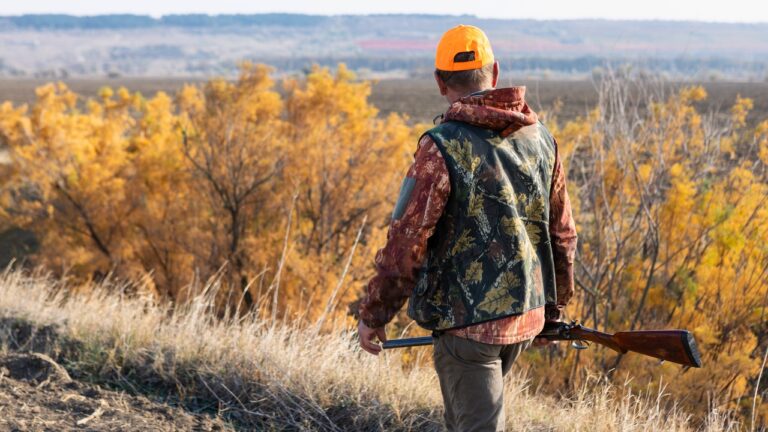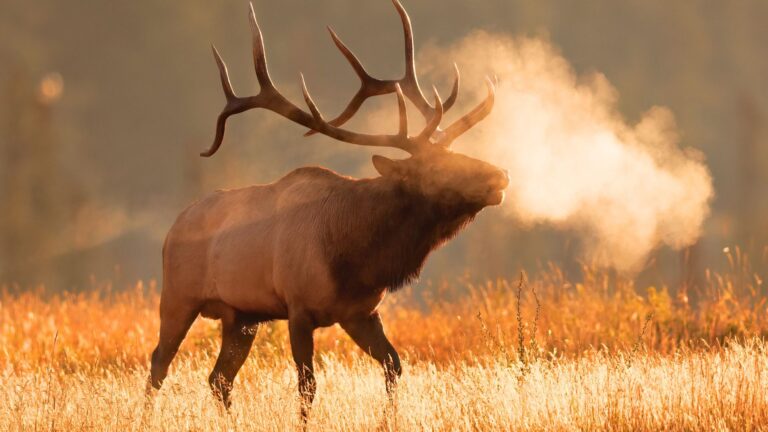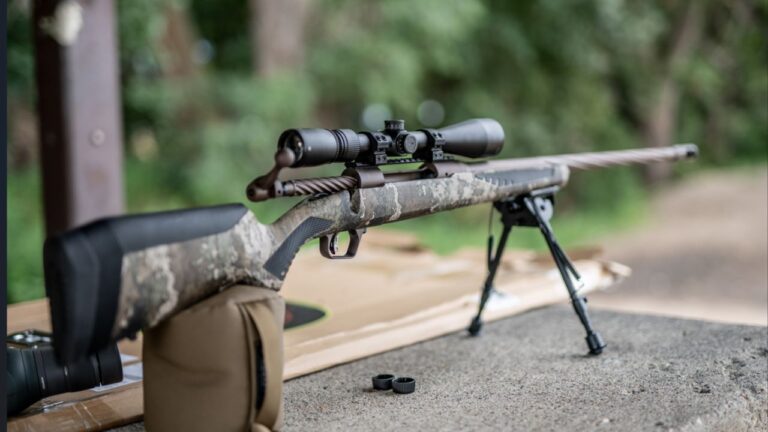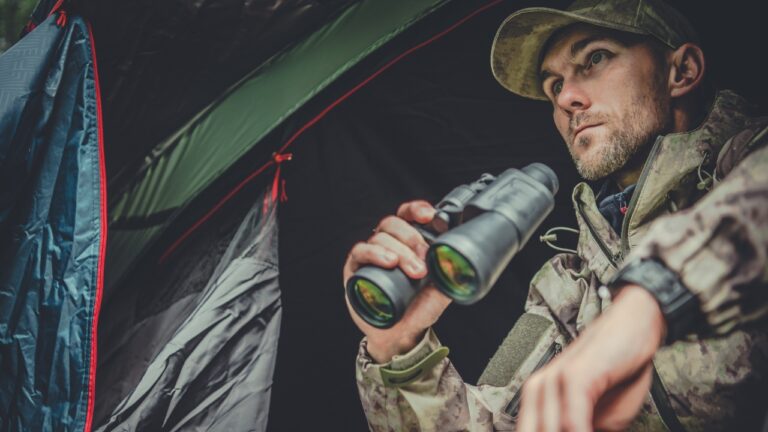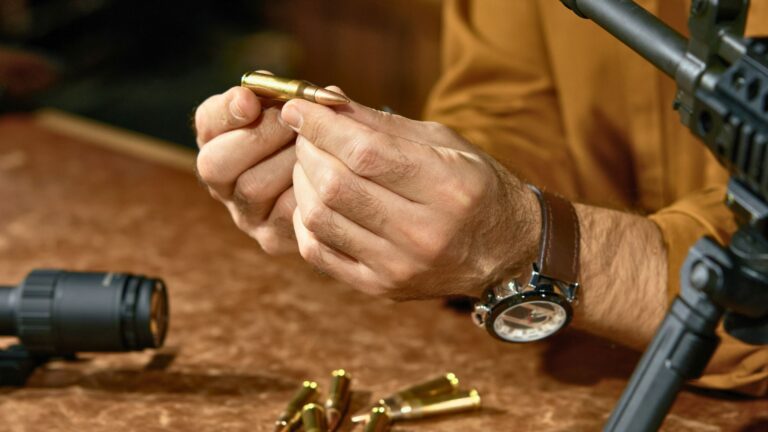When you pack for a backcountry hunt, space and weight matter. You can’t bring every gadget you own, and you’ll regret hauling things that don’t earn their place in your pack. The tools that make the cut are the ones hunters rely on season after season—the gear that keeps you safe, helps you quarter game, and makes sure you can handle the unexpected. These are the tools you actually see hunters carry when the mountains and weather start working against them.
Fixed-blade knife
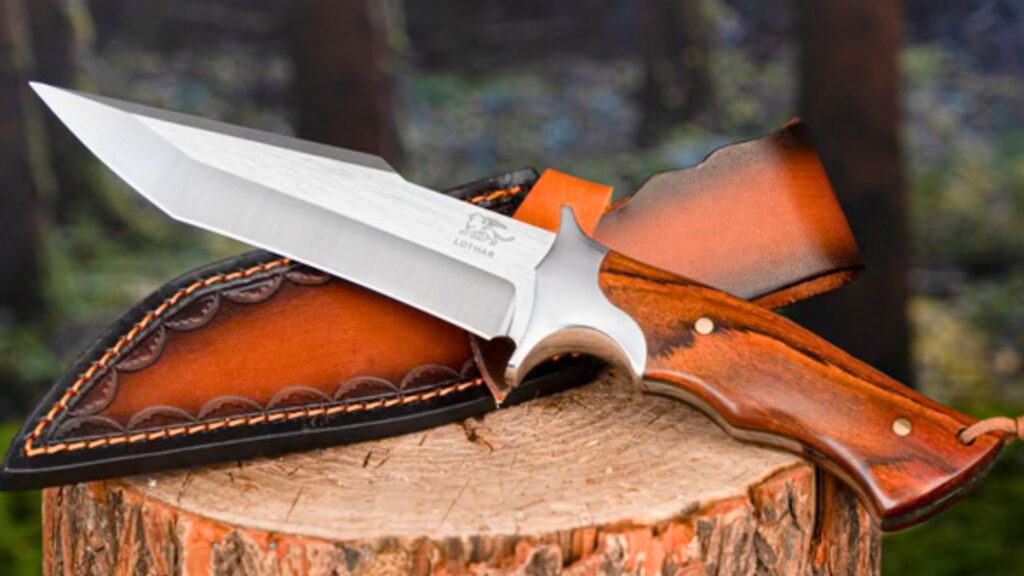
A fixed-blade knife is the backbone of any hunter’s kit in the backcountry. Folding knives might save weight, but a sturdy fixed blade holds up better when you’re breaking down an elk or dealing with heavy-duty camp work. You want a full-tang design with steel that sharpens easily in the field. It doesn’t need to be flashy—just tough, reliable, and built to cut through hide, bone, and meat without failing. Most hunters keep it on their belt so it’s always within reach.
Compact saw
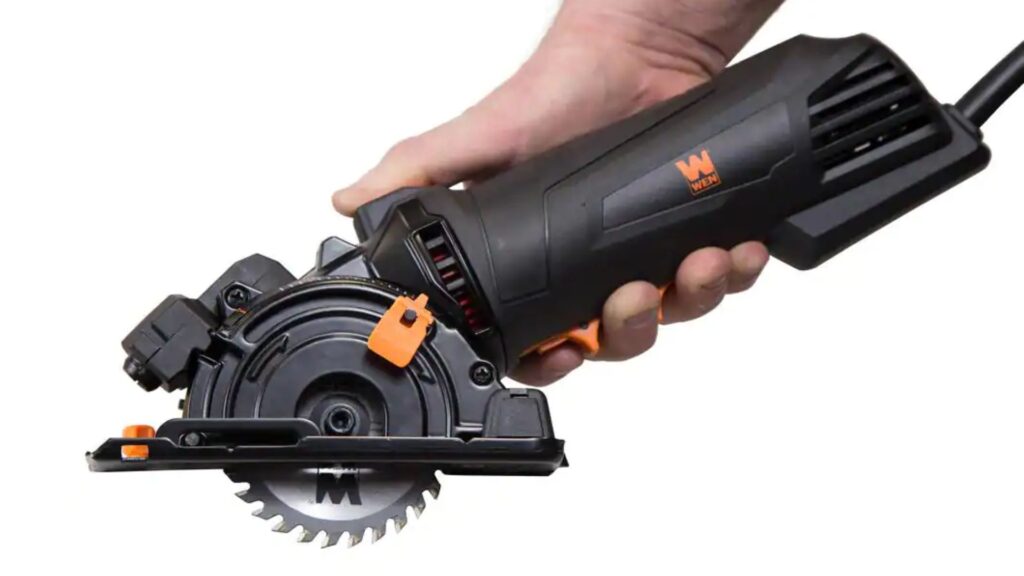
A compact saw is one of those tools you don’t always use, but when you need it, nothing else compares. Breaking down larger game often means getting through bone, and a small saw makes the job cleaner and faster. It also helps with trimming shooting lanes around camp or clearing branches when you set up a hide. Collapsible models pack down small enough to tuck into a side pocket. For the minimal weight, a saw earns its place in any backcountry loadout.
Multi-tool
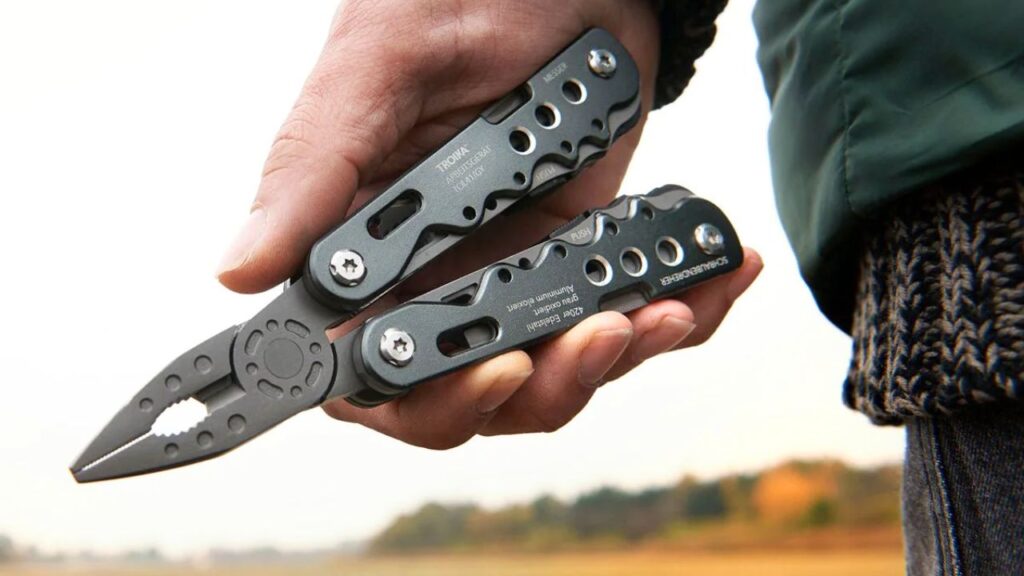
A multi-tool isn’t about comfort—it’s about solving problems before they end a hunt. Loose screws on optics, adjusting your stove, or repairing gear in the field all become manageable when you’ve got pliers, screwdrivers, and cutters in one compact package. Most hunters toss one in their hip belt or lid pocket for quick access. It’s not the item you’ll reach for constantly, but when things go sideways, you’ll be glad you carried it. Reliability matters more than brand names here.
Headlamp
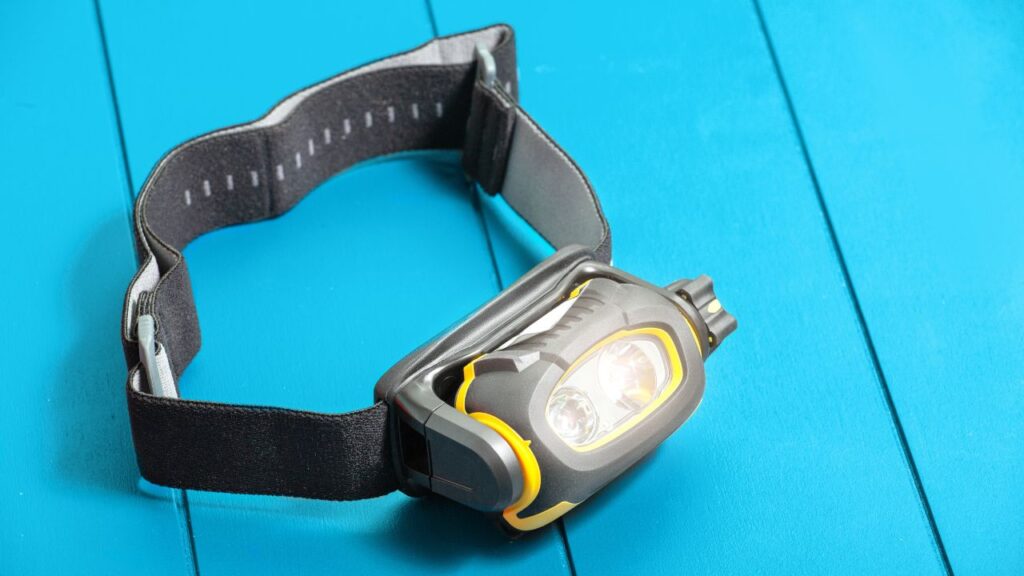
A headlamp is non-negotiable in the backcountry. Hunting often pushes you into early mornings and late nights, and reliable light frees up your hands for glassing, cooking, or navigating terrain. Modern headlamps with multiple brightness settings and red-light modes conserve battery life while keeping your night vision intact. Always carry spare batteries or a small backup light—running out of illumination miles from camp isn’t a risk worth taking. A dependable headlamp can mean the difference between making it back safely or not.
Lightweight game bags
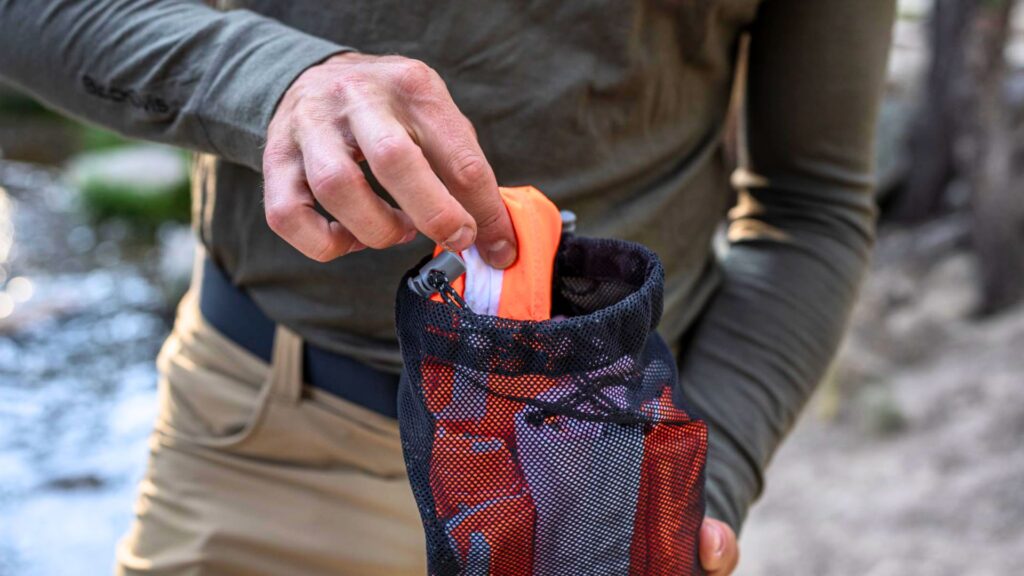
Game bags are often overlooked until it’s too late, but in the backcountry they’re essential. Once you down an animal, keeping the meat clean, cool, and safe from bugs becomes your top priority. Lightweight synthetic game bags pack small, breathe well, and hold up to rough handling on pack-outs. Cotton bags are heavy and less practical, while cheap options tear too easily. Hunters who skip game bags usually regret it after losing meat to dirt or insects. Don’t cut corners here.
Water filter
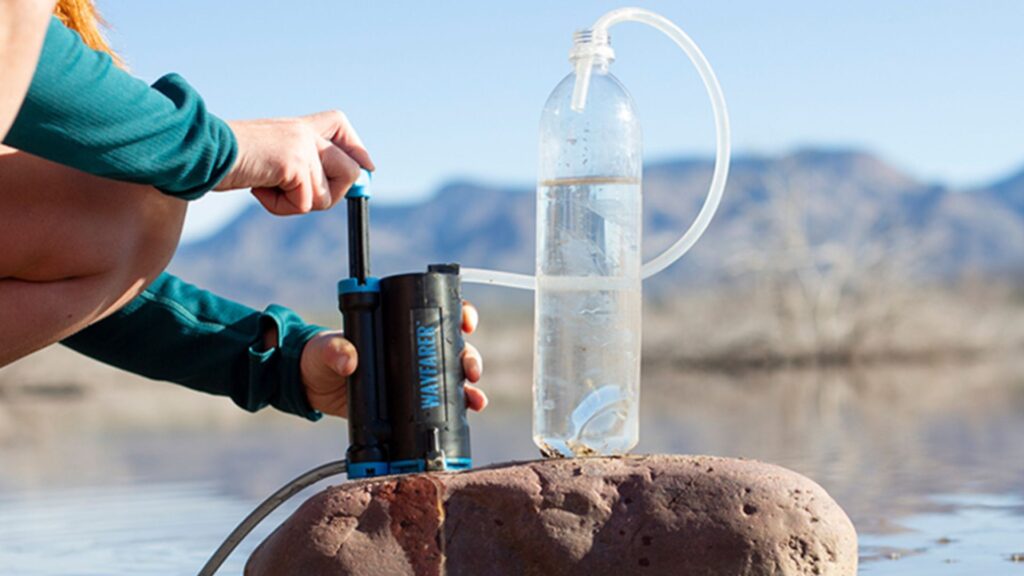
You can’t carry enough water for a full hunt, so a filter or purifier is mandatory. Natural water sources might look clean, but parasites will ruin your trip fast. Compact squeeze filters, pump systems, or gravity setups all work—what matters is that you can rely on them. Most hunters carry at least one primary filter and a backup purification method like tablets. Staying hydrated in the backcountry keeps you sharp, and your hunt will fall apart quick without it.
Paracord
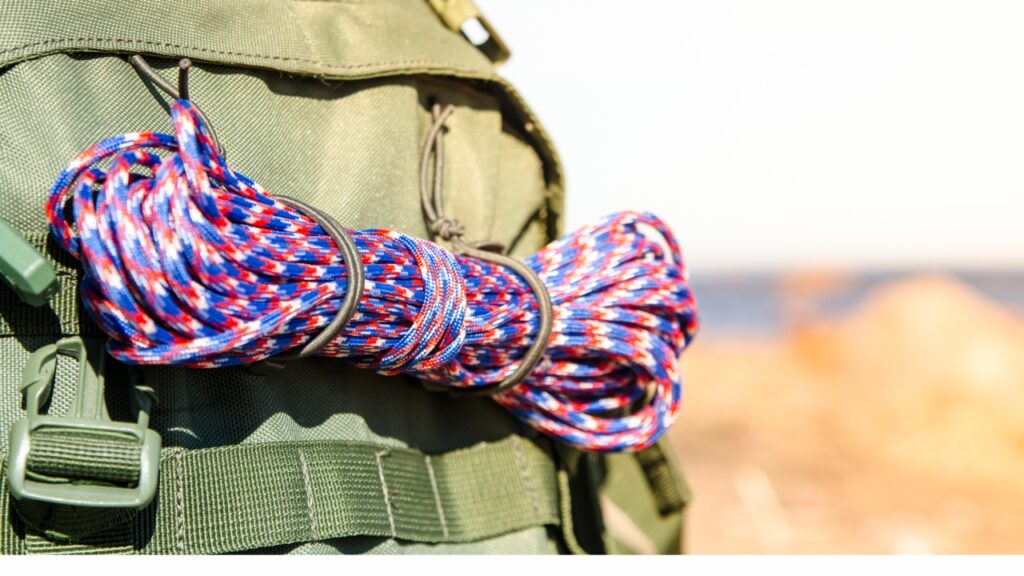
Paracord is one of those multipurpose tools hunters carry because it does a dozen jobs well. You can hang quarters, lash down gear, set up a tarp, or even fix broken equipment. A few lengths wrapped around a water bottle or knife sheath barely add weight but give you options when you need them. In the backcountry, versatility is everything, and paracord is one of the cheapest, most dependable ways to make sure you can adapt when things don’t go as planned.
First-aid kit
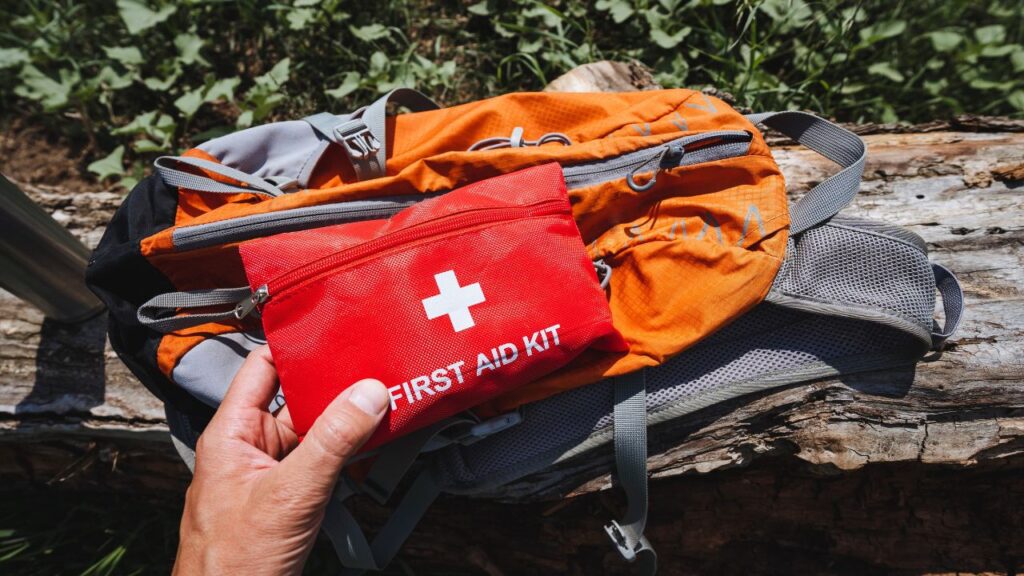
A first-aid kit might feel like extra weight until you need it. Cuts, burns, sprains, and blisters can end a hunt if you’re not prepared. Most hunters build their own kits tailored for backcountry trips—bandages, antiseptic, tape, blister pads, painkillers, and trauma items for bigger emergencies. You don’t need a full medical bag, but skipping first-aid altogether is reckless. Out in the wilderness, you’re your own medic, and having the right supplies can keep a small issue from becoming a serious problem.
Fire starter
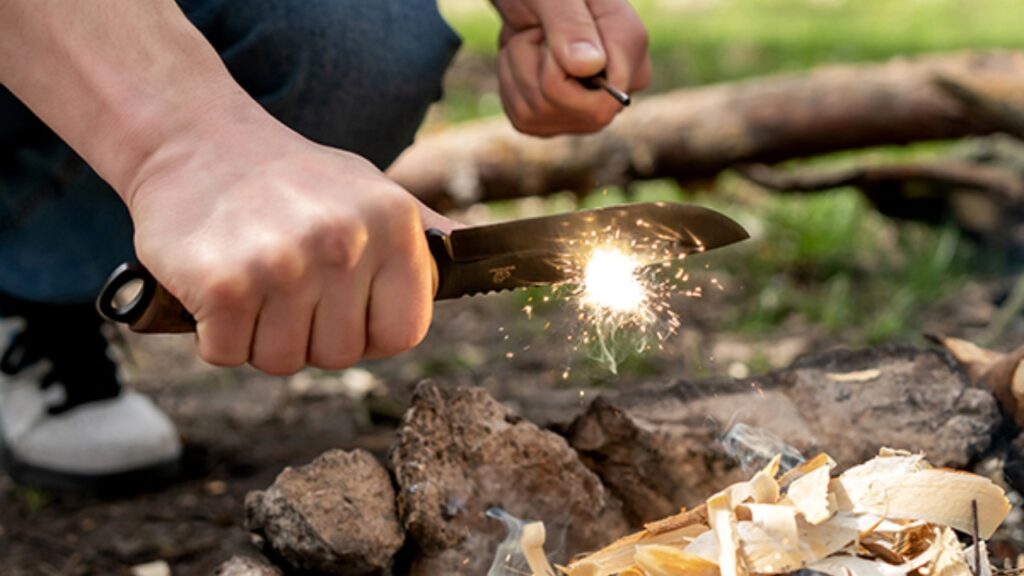
A fire starter is another tool that rarely sees daily use but is a lifesaver in emergencies. Waterproof matches, a lighter, and a ferro rod all weigh next to nothing, and carrying more than one option is smart insurance. If you get stuck overnight or soaked in bad weather, fire is your lifeline. It keeps you warm, helps dry gear, and boosts morale when things get tough. Every serious hunter makes space for fire-starting gear in their pack—it’s not negotiable.
GPS or mapping tool
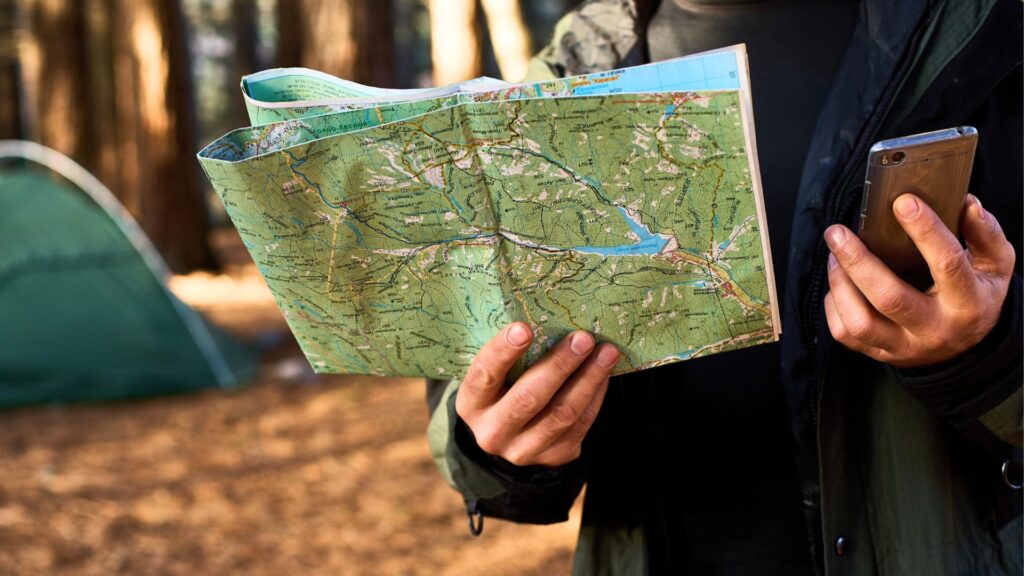
A GPS or reliable mapping tool rounds out the backcountry essentials. Getting turned around is easier than most admit, especially in unfamiliar terrain or poor weather. Many hunters carry a handheld GPS, phone with offline maps, or even a traditional compass paired with paper maps. The important part is having a way to navigate when visibility drops or trails vanish. Relying solely on memory or instinct is a gamble, and one mistake can turn dangerous fast. Solid navigation tools keep you safe and effective.
*This article was developed with AI-powered tools and has been carefully reviewed by our editors.

